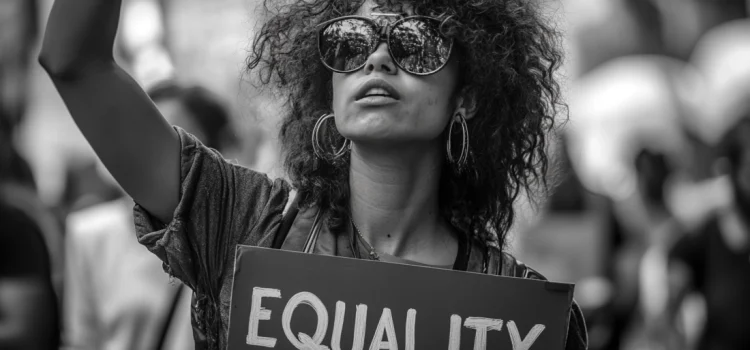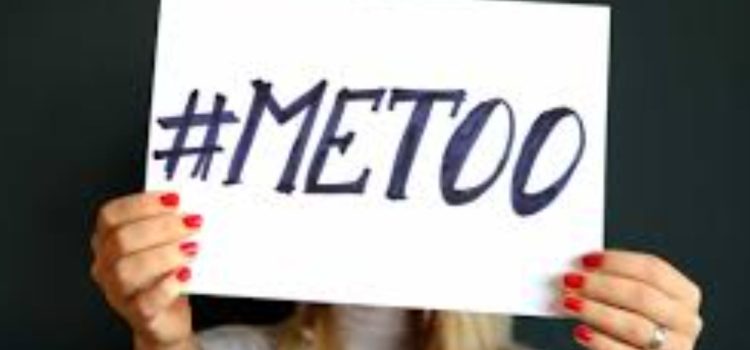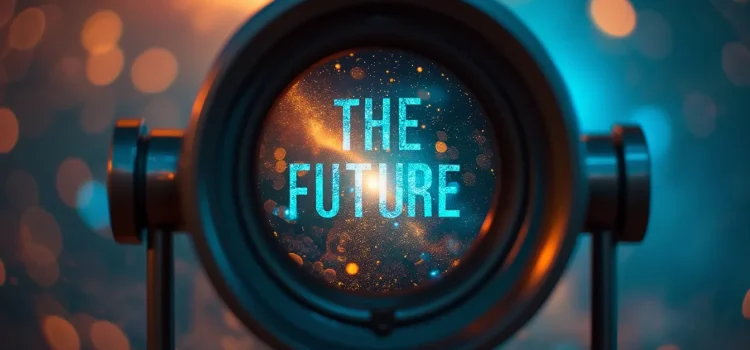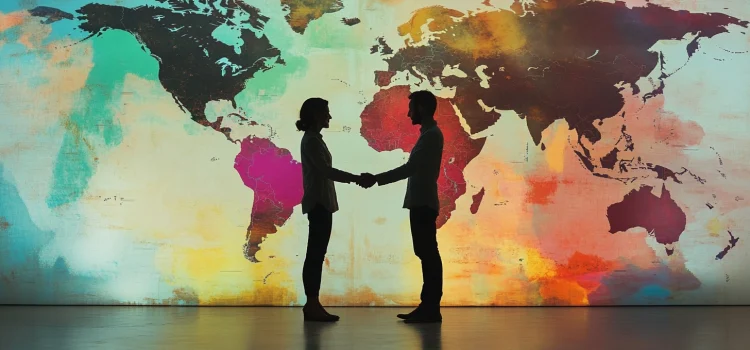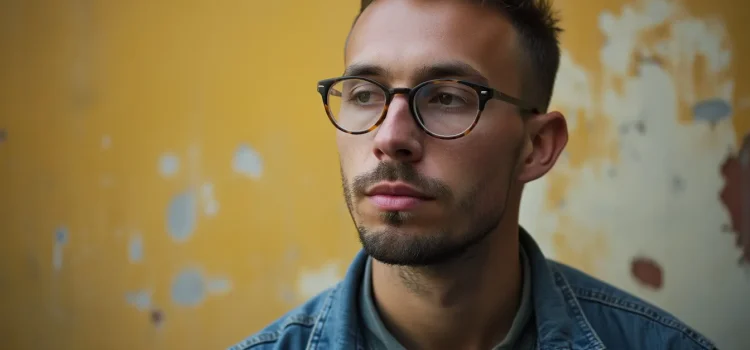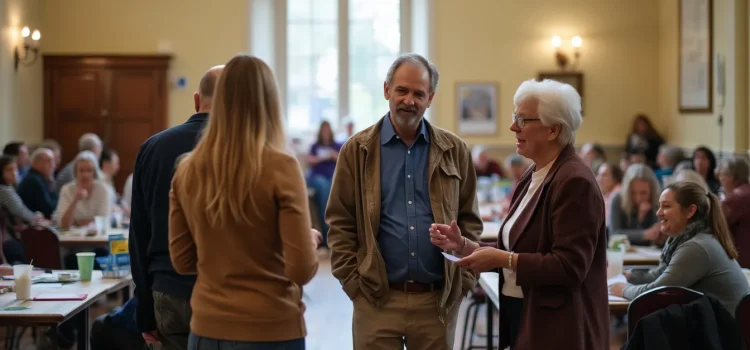What drives a young woman from Slovenia to pursue her dreams in America? How does life change when your husband becomes the President of the United States? From growing up in Slovenia to becoming First Lady, Melania Trump shares intimate details of her journey in her memoir, Melania. She reveals her path through modeling, business ventures, marriage to Donald Trump, and her role in the White House during one of America’s most turbulent periods. Read on for our overview of Melania’s memoir to get her perspective on some of the most significant moments in recent American history.
Melania’s Memoir: From Slovenia to the White House & Beyond


